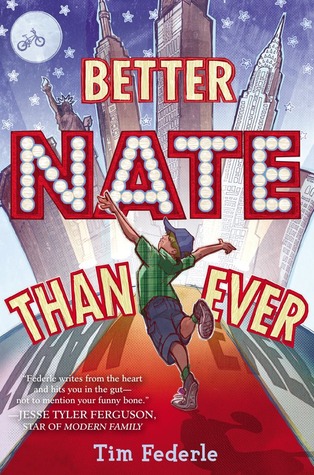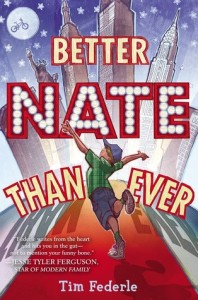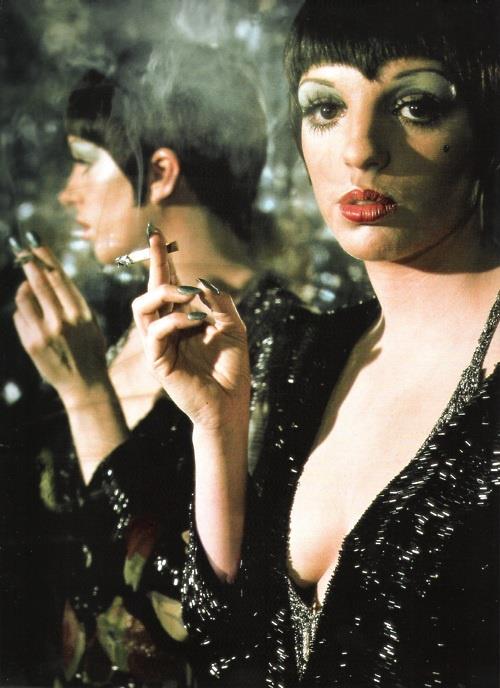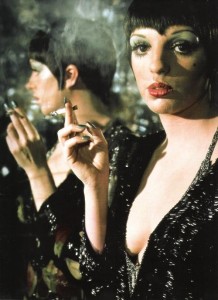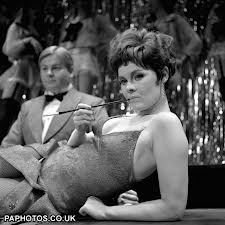When I was in eighth grade, I went to my first audition. There was going to be a local production of The Sound of Music, and since the film was a big part of my growing up (and just that summer we had visited Salzburg – a sign!), I thought I’d give it a shot. I had never auditioned for anything except solo lines in school concerts and such, and this would be my first attempt at a stage musical. In hindsight, I’m rather amazed how supportive both my parents were. They’re not stage parents and they’re not theatre people, but they dived in without a second thought. We noted the audition times and I set to work on my aria (like any normal 13 year old, I chose “Climb Ev’ry Mountain”).
The auditions were held on a Saturday. I went in to the Paramount Theatre in Peekskill, nervous, uncertain. The process felt old school, or at least how it seemed from watching old movies. Each child went in one by one and presented his or her song onstage while the creative team observed from the house. They only had me sing the first 16 bars and then tested my range. Everyone was quite nice, and I did well enough to have a callback to see what else I could do.
I suppose the callback went well, but I was too awed by the stage kids and their moms around me to really notice. Well, not really awed, more like terrified. These kids had that spark of ruthless ambition I rarely enjoy in children, especially kids on stage, and they knew how to sell themselves. I was just a 13 year old boy, short and pudgy, who could sing. Some snooty British director type (who was basically Niles from The Nanny) had us all recite the lyrics of “Do-Re-Mi” with a different “circumstance.” Mine was revealing a poor report card to a parent; I was not Method.
However, then things went the way of Pearl Harbor when I was asked to dance…
I had forgotten about (suppressed?) all of this until I picked up first time author Tim Federle‘s enchanting Better Nate Than Ever, informed by Federle’s own experiences as a show kid growing up outside of Pittsburgh. Nate Foster is the overlooked child, desperate for the attention and affection everyone heaps on his seemingly perfect older brother, wise beyond his years, and earnest to a fault. Nate also yearns to be on Broadway.
When Nate’s best friend Libby finds out about an open call for a Broadway musical adaptation of E.T., she hatches a covert operation for our hero to run away to Manhattan, audition, and return without anyone realizing he’s been gone. Things don’t quite go as planned. The odds are stacked against Our Nate; who must make the trek to the Port Authority, survive a dangerous city he knows nothing about and get himself into that audition room all on his own.
Federle, who has achieved his childhood dream of worked on Broadway in shows like Gypsy, The Little Mermaid and Chitty Chitty Bang Bang (among others), imbues his writing with professional authenticity, capturing a world that is both workmanlike and glamorous, with scenes of harrowing auditions and callbacks. A first time novelist, his style is charming and spry, capturing the awkwardness and uncertainty that comes with being in middle school. He creates a balance between the hilarity and poignancy that is indicative of his potential for a long career as an author.
Nate speaking in a self-deprecating first person narrative, seeing the world in an uncanny 13-going-on-40 way that has us cheering for our hero from the first page. Obvious parallels could be made to Marc Acito’s How I Paid for College, but Federle’s prose skews to a younger crowd: similar hijinks but with far less sexuality. Speaking of which, how Federle handles Nate’s sexuality is a triumph of subtlety and nuance. It’s greater testament to the author that he avoids pitfalls and obvious plot points, with many surprises right up to the very end. The book may be written for the young adult set, but the book is for anyone who has ever loved theatre.
While the story unfolds from Nate’s unique perspective, there are two adult characters Federle has created who manage to make a considerable impression: Nate’s Aunt Heidi and her roommate Freckles. I did wish more time was spent getting to know these two, who are interesting enough to warrant their own book. However, we’ll get to spend more time with all the characters as Simon & Schuster will release Federle’s sequel Five, Six, Seven, Nate! in early 2014.
Epilogue: In the course of prepping this post, I asked my mother if she remembered my infamous audition. “Oh yeah. They asked me if you’d an understudy, but I said no. I didn’t want them wasting your time or mine, and then have you not go on.” So, I guess there’s a streak of the stage mother in her after all…
